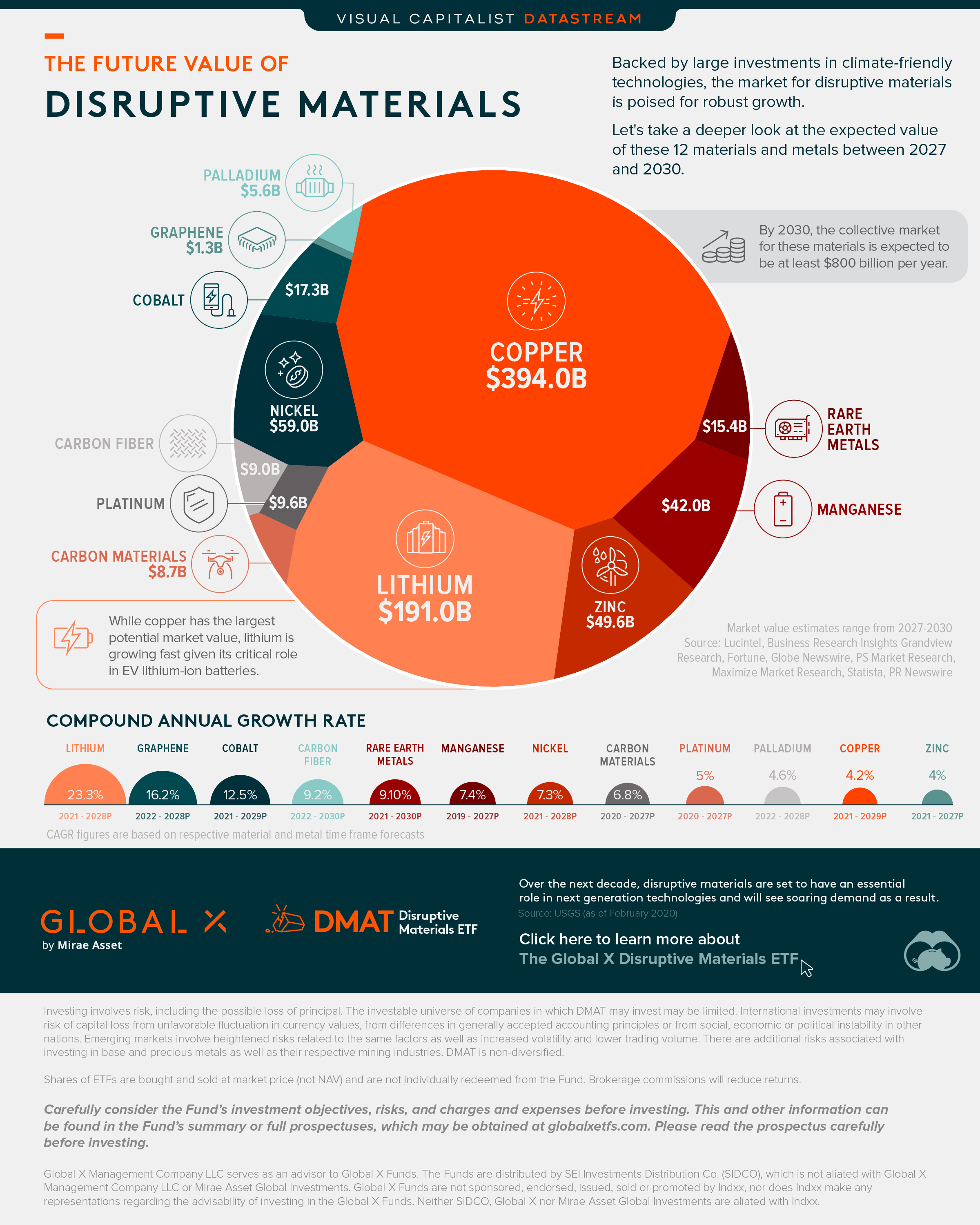Global Market News
Global equities fall
Global equities fell on the week as recession fears rose following the Fed’s latest rate increase. The S&P 500 and Dow Jones declined 2.08% and 1.66% respectively, while the Nasdaq dropped 2.72%. The yield on the US 10-year Treasury declined several basis points to end the week at 3.48%. The price of a barrel of West Texas Intermediate crude oil rose to $74.30. Volatility, as measured by the CBOE Volatility Index, fell slightly lower to 22.62.
The Fed raises rates
As widely expected, the US Federal Reserve raised interest rates by 50 basis points on Wednesday, bringing the federal funds rate to 4.25-4.50%. While the rate hike was smaller than the 0.75% increases of the previous four Fed meetings, markets retreated following the announcement as investors took Fed Chair Jerome Powell’s comments as dovish. The Fed has indicated it will continue rate hikes as long as inflation remains elevated. Investors and the Fed await the release of November’s inflation data next week.
International Developments
India launches ICBM test following border clash with China
India tested a long-range intercontinental ballistic missile capable of carrying a nuclear warhead, in a clear message to China following a border clash last week. Last Friday, Indian and Chinese troops exchanged blows in the Indian border state of Arunachal Pradesh. India alleges that hundreds of Chinese soldiers crossed into their territory while China says its soldiers were conducting a routine patrol when they discovered an “illegal obstruction” resulting from an incursion by Indian troops. Flare-ups on the countries’ shared border have arisen from time to time since the 1962 Sino-Indian war as the border dispute has yet to be fully resolved.
Peru declares state of emergency amid protests
Peru’s government declared a month-long national state of emergency following a week of violent public unrest that was caused by the ousting of former President Pedro Castillo Torres. Supporters of Castillo have taken to the streets to protest the former president’s impeachment and arrest and call for his reinstatement. The national emergency measure instills a nightly curfew, suspends the right to gather and move freely across the country, and allows police to search people’s homes without permission or a warrant. Newly sworn-in President Dina Boluarte said that general elections could be scheduled for December 2023 after a previous announcement that elections would be brought forward two years to April 2024 was not received well by protesters.
US Social & Political Developments
US steps up military support for Ukraine
The US has yet again upped its support for Ukraine. This week, the Pentagon announced it would increase the number of Ukrainian troops it trained as part of a program in Germany from 300,000 to 500,000. Also this week, the Department of Defense announced it was finalizing plans to supply Ukraine with the Patriot system: the prestigious US air defense system. If the directive to ship the systems is signed, Ukrainians will be trained to use them at the US Army base in Germany. Ukrainian President Volodymyr Zelenskyy has been urgently pressing the US for more advanced weaponry and he hopes the Patriot can potentially shoot down Russian missiles and drones miles away from their intended targets.
Biden hosts summit with African leaders
US President Joe Biden hosted nearly 50 African heads of state this week in the first US-Africa summit since 2014. At the meetings, leaders discussed critical topics such as the environment, public health, food security, and democracy. In his speech, President Biden announced billions of dollars in new trade investments, particularly in digital infrastructure, as well as voiced his support for a permanent seat at the G20 for the African Union.
Corporate/Sector News
HSBC to stop financing new fossil fuel projects
Europe’s largest bank, and one of the biggest funders of fossil fuel companies in the world, HSBC, has announced it will no longer finance new oil and gas fields or related infrastructure. Climate activists are applauding the bank’s plans, saying it puts it ahead of its peers in addressing global warming. While HSBC will continue finance existing fossil fuel projects and energy companies (as long as they have plans consistent with climate targets), the new policy paves the way for other financial institutions to make similar commitments. Last year, the International Energy Agency said new investments in coal, oil, and gas need to end immediately if there was any hope for the world to meet the goal of limiting global warming to 1.5°C.
FTX founder charged with fraud
Sam Bankman-Fried, founder and former CEO of FTX, was arrested and indicted on eight criminal charges including wire fraud, money laundering, and other financial crimes following the crash of his crypto empire. The disgraced CEO also faces charges from the Securities and Exchange Commission (SEC) for defrauding investors in his FTX crypto exchange. In his last tweet before his arrest, Bankman-Fried said, “I had thought of myself as a model CEO, who wouldn’t become lazy or disconnected. Which made it that much more destructive when I did.”
Department of Energy announces nuclear fusion breakthrough
This week, the US Department of Energy announced a major breakthrough in nuclear fusion energy gain – the nuclear reaction that makes starts shine. The Lawrence Livermore National Laboratory in California announced on Tuesday that it had accomplished its first fusion reaction in a lab setting that produced more energy than it took to start the reaction. The long-awaited milestone has sparked hope for a new source of clean energy.
Recommended Reads
The EU Parliament’s Qatar-gate Scandal Doesn’t Make Sense—Yet
ChatGPT Is Amazing—and Totally Overrated
How a Cocaine-Smuggling Cartel Infiltrated the World’s Biggest Shipping Company
Fusion Industry Suddenly White-Hot After U.S. Lab Breakthrough
Latin America is in a mess. But it still has strengths
Net zero will radically change how we use and generate electricity
This week from BlackSummit
The BlackSummit Team
The BlackSummit Team
Image of the Week

Video of the Week
500,000 refugees have fled Ukraine: UN
Source: Financial Times
